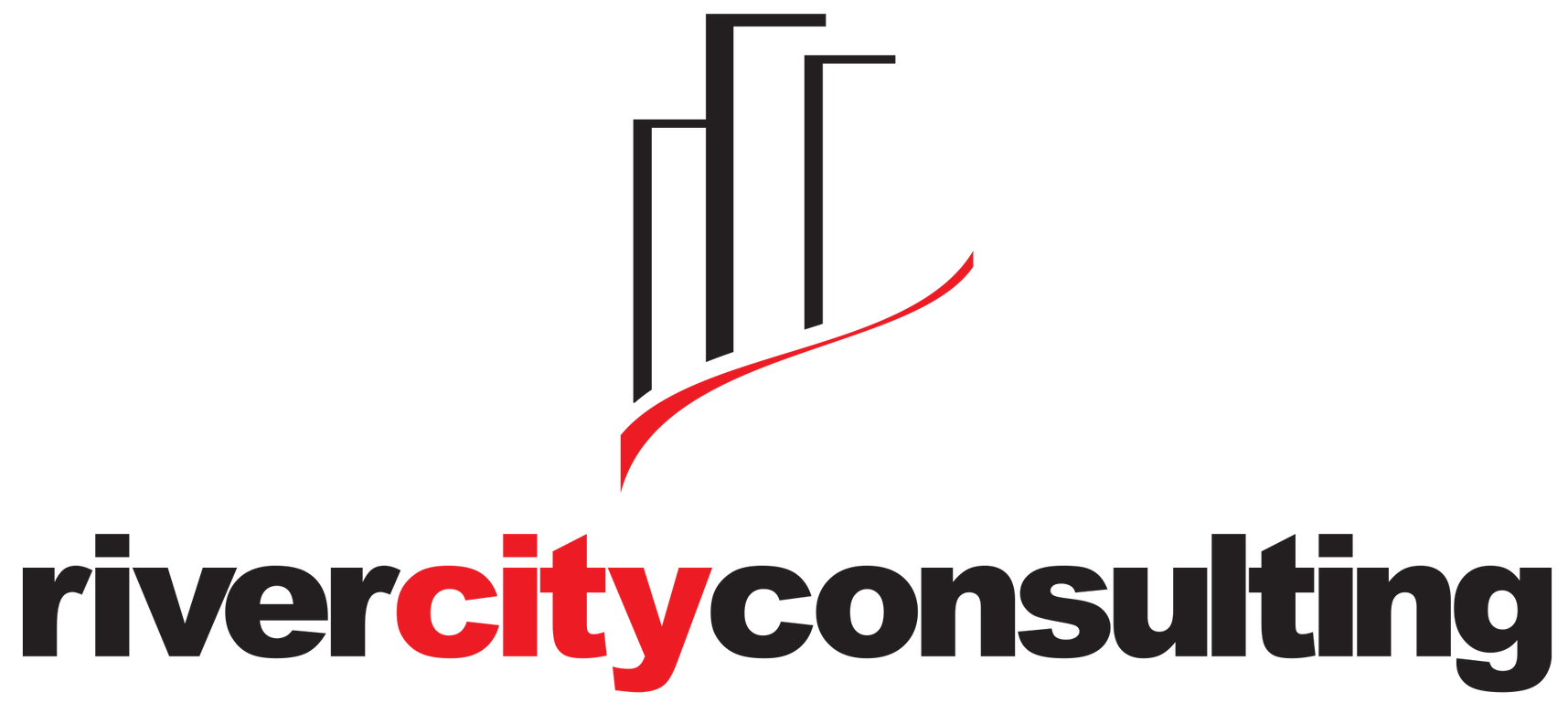Avoid Cash Flow Crisis

“The secret to success is to do the common things uncommonly well.” John D. Rockefeller
John D. Rockefeller
Business Processes
For small business, the need for well-defined processes in the beginning is important. Think of it this way, good processes are like good tires that keep a business running smoothly. If they aren’t in place early on, the ride is going to be bumpy.
Developing needed systems and methods is hard work, especially if there is a single owner responsible for doing it all. It can feel like ditch digging, labor intensive and time consuming. Most business owners are ambitious people, so anything slowing them down from charging forward is the last thing they want to do. But consider this: Without taking the time and energy to dig good ditches, the road to success could be flooded with problems.
Practices and procedures for money management, people management, sales management, product management, and customer management all should be in place. Developing these is not as hard as it used to be when 5-year plans dominated business thinking. Business today moves at break-neck speed, so most processes have been streamlined, making it much easier to adjust to ever-changing circumstances. Take money management for example. A good system does not need to be complicated, but it doesneed to be comprehensive and used consistently.
John D. Rockefeller, one of the richest men to ever live, certainly understood money management. He started out as a bookkeeper. Logic would suggest that he discovered through his bookkeeping jobs how businesses make money and spend it. Money management should be the first ditch you dig ‘uncommonly well’ since your business can’t survive without it.
Tips for handling business money well:
Forecast the yearly budget.
You can pivot if needed and even dance around some, but if you don’t know where you are going, you’ll end up somewhere else. Plan your work and work your plan.
Keep personal and business finances
separate.
Mingling money can cause problems at tax time and could cause you to miss insights into how your business is really doing financially.
Know what’s happening.
Your bookkeeper is your record keeper, not the CFO, you are. Review your bottomline often. This will reveal what adjustments are needed not only in finances, but also in sales .
Have a cash source for the unexpected.
A line of credit is better than a loan, but both can be hard to get these days. Don’t spend the profits. Secure them for the unexpected, as well as future expansion.
Manage business credit cards properly.
Don’t accumulate too much debt and pay on time. Business cards can be one source of emergency funds for you if balances are kept down.
Keep all receipts and all related documents.
You don’t have to organize them. Someone else can do that. Receipts tell you where the money went and how you might save on expenses.
Automate accounts receivable.
Automation cuts down on problems collecting money from customers. If you don’t know how to do this yourself, there are resources that can help. Consider a late fee policy; this encourages customers to pay on time.
Use a payroll
company.
Even if you only has a few employees, payroll companies are worth the commissions you pay to avoid headaches. Payroll reporting must be exact, and unless you are a payroll company, you don’t need to be doing this work.
For 18 years, River City Consulting has been helping businesses make money. As a professional advertising and branding agency, we help companies determine realistic advertising budgets that produce results. Visit us at rivercityconsulting.com
or call our office at 804-447-5757 for an appointment to talk about your business.
Your success is our business.

















